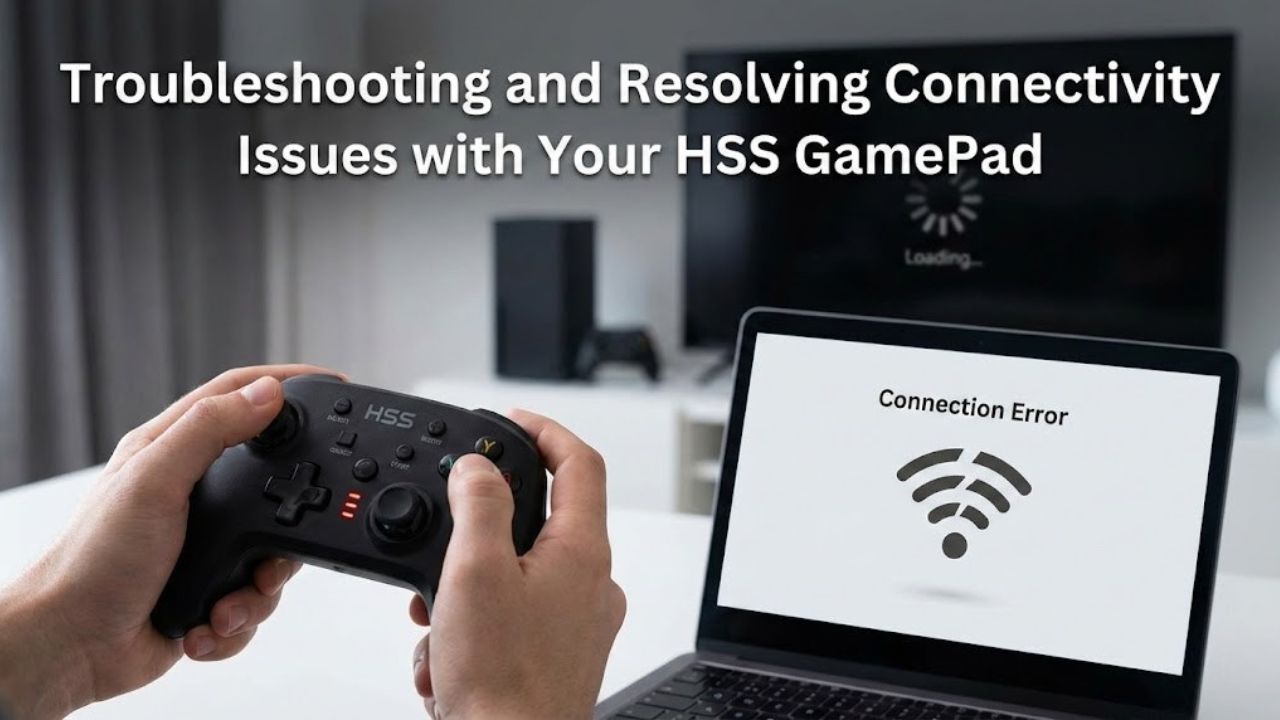Jeffrey Pfeffer is a renowned professor of organizational behavior at Stanford University. He proposes that there are specific rules of power that can lead to success in various areas of life, particularly in professional and workplace settings.
Understanding and Using Power Wisely
According to Pfeffer, power is a valuable tool for achieving success, but it needs to be used wisely. Power, when harnessed effectively, can bring about tremendous positive outcomes. However, it can also be destructive if not managed properly. He emphasizes that understanding how to use power correctly can make a significant difference. Power, used rightly, can not only drive career success but also contribute to a greater sense of happiness and life satisfaction.
“If fully understood and harnessed effectively, power skills and understanding become the keys to increased salaries, job satisfaction, career advancement, organizational change, and happiness,” states a blog from the Stanford Graduate School of Business. This statement underscores the importance of learning and applying power skills in a thoughtful manner to reap substantial benefits.
The Recipe for Success
Success is not a single-dimensional achievement; it is the result of a combination of factors. These include good habits, effective practices, morning rituals, resilience, effort, and many other elements. Pfeffer believes that knowing and applying certain rules can provide an extra push that is often needed to achieve one’s goals and be successful in life.
The 7 Rules of Power
In his book, 7 Rules of Power: Surprising — But True — Advice on How to Get Things Done and Advance Your Career, Pfeffer outlines seven rules that he discovered through science and research. These rules can enhance your ability to accomplish tasks, increase your work performance, and bring about positive changes in your life.
1. Get Out of Your Own Way
This rule emphasizes the importance of not sabotaging yourself. It means avoiding actions and behaviors that negatively affect your progress and success. Many people have bad habits that add no value to their lives and can even hinder their achievements. By recognizing and eliminating these habits, you can pave the way for personal and professional growth. It’s about being mindful of the ways you might be holding yourself back and taking proactive steps to change those patterns.
2. Break the Rules
While it’s important to know and understand the rules, Pfeffer suggests that there are times when breaking them is necessary. The idea is to recognize when following the rules is limiting or restricting your progress. In such cases, it might be beneficial to forge a different path. This doesn’t mean disregarding all rules but rather being strategic about when to adhere to them and when to innovate beyond them. Breaking the rules at the right time can prevent them from becoming obstacles and can help you achieve greater success.
3. Present Yourself in a Powerful Way
Your presentation matters a lot in the professional world. This rule focuses on taking care of your image, the way you speak, and how you project confidence. Presenting yourself powerfully involves dressing appropriately, speaking clearly and confidently, and carrying yourself with assurance. These elements help you win over others, create a positive impression, and attract attention in a constructive manner. When you present yourself well, you are more likely to be taken seriously and to make a lasting impression on those you interact with.
4. Create a Powerful Brand
Creating a powerful brand is about consistency and self-awareness. It involves knowing who you are, understanding what you want to achieve, and ensuring that all your actions align with these goals. A strong personal brand makes you identifiable and memorable. Everything you do should reflect your brand values and objectives. This consistency builds trust and recognition, which are crucial for long-term success. A well-defined personal brand sets you apart and makes you a more attractive prospect for various opportunities.
5. Don’t Stop Networking
Networking is a critical component of success. The most successful individuals understand that they cannot achieve their goals alone. They continuously seek to create connections with the right people. Networking opens many doors, provides numerous opportunities, and places you in the path of those who can offer valuable insights and support. Building and maintaining a strong network can significantly impact your career trajectory. It’s about forming meaningful relationships that can help you grow both personally and professionally.
6. Use Your Power
Knowing your strengths and using them to your advantage is essential. This rule highlights the importance of recognizing your talents and continuously working on them to enhance their usefulness and power. Understanding that there is always room for growth and improvement is key. By developing your strengths, you can leverage them more effectively in various situations. Using your power wisely means not only relying on your current abilities but also striving to expand and refine them.
7. Understand That Mistakes Are Forgiven
The final rule is about dealing with mistakes and failures. Pfeffer advises that once you have acquired power, the mistakes you made to get there are often forgiven, forgotten, or both. This means you shouldn’t obsess over your past errors or setbacks. Instead, focus on your goals, keep moving forward, and learn from your experiences. Every mistake is an opportunity to grow and improve. By not dwelling on failures, you can maintain your momentum and continue to achieve your objectives.
Applying the Rules to Your Life
These rules are not just applicable to professional growth; they can also improve your personal life. By following these principles, you can become a better leader, enhance your relationships, and achieve a higher level of overall satisfaction. Pfeffer’s rules offer a comprehensive guide to harnessing power effectively and using it to create a successful and fulfilling life.







































